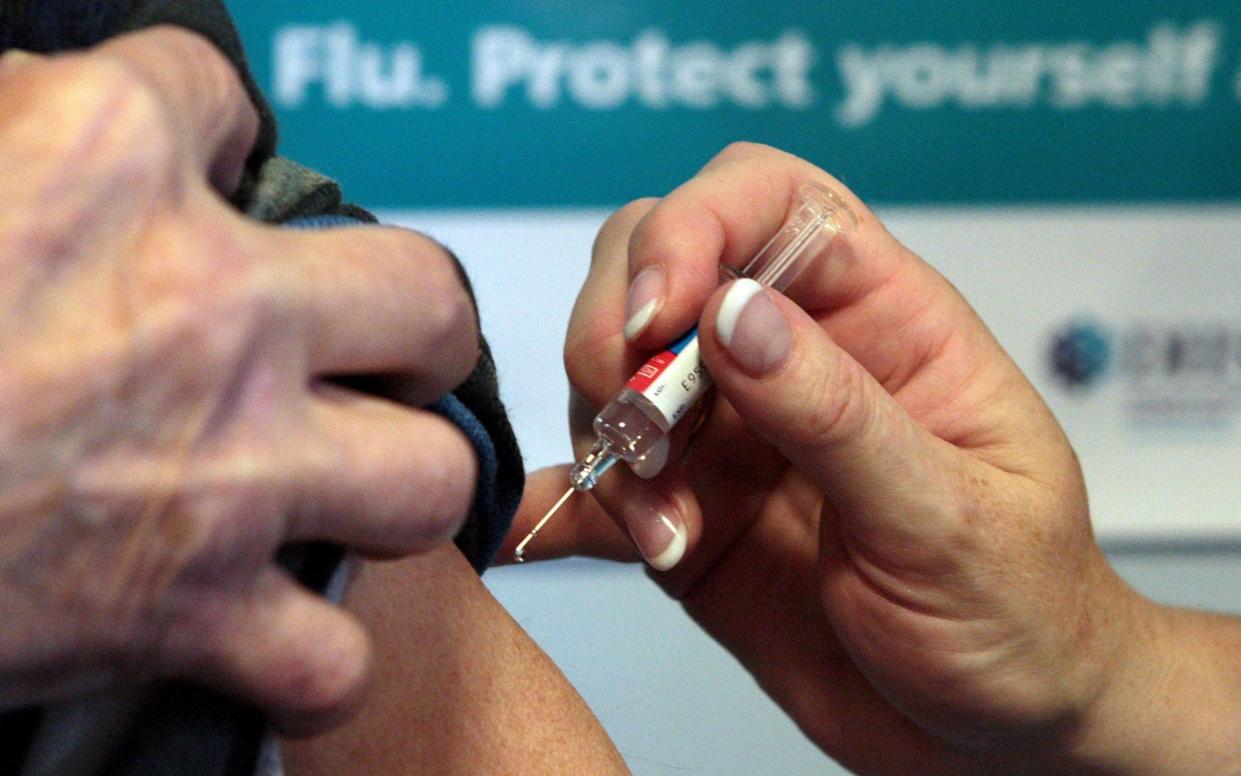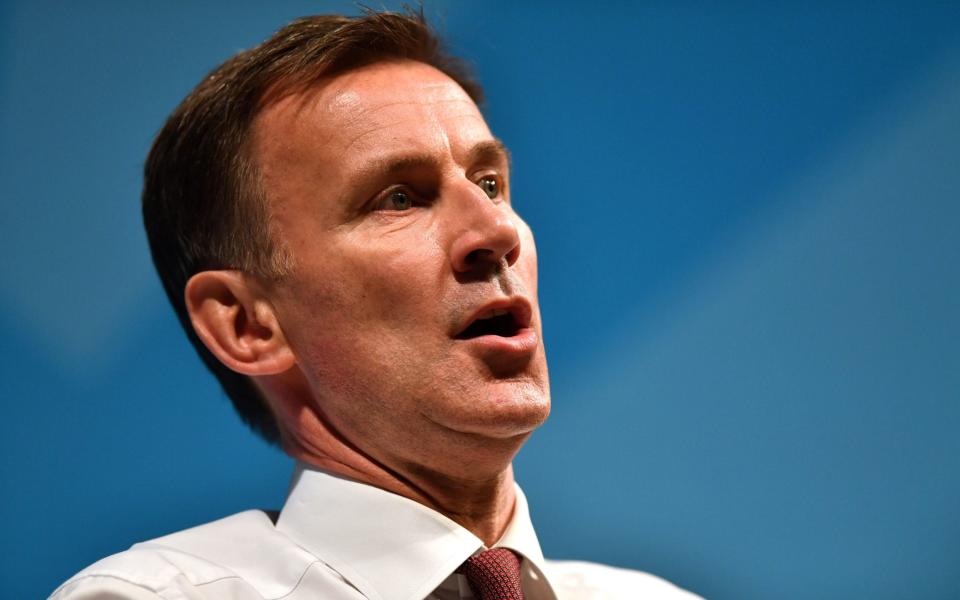Booster vaccine rollout slowed because of ‘hesitancy over mixing jabs’

Vaccine hesitancy over mixing different types of jab is partly fuelling the slow uptake, care home leaders have warned.
The National Care Forum said that even care home staff who had both vaccinations were concerned about having a third jab.
In September, the Joint Committee on Vaccination and Immunisation (JCVI) advised that Moderna and Pfizer should be used where possible ahead of the AstraZeneca jab.
It is estimated that more than 50 million doses of AstraZeneca have been administered across Britain, so the majority of people will be getting a different vaccine as their booster.
But the National Care Forum said people were understandably confused, because previous correspondence had advised sticking to one vaccine manufacturer.
A spokesperson said: “There is a little bit of hesitancy amongst staff – even those who have had both vaccinations – and anecdotally, this is partly fuelled by growing numbers of vaccinated people contracting Covid.
“It’s not helped by not very good communications about boosters, why they are needed, what you can expect and mixing vaccines when all previous correspondence related to sticking to one vaccine manufacturer.”
‘Getting your booster is as important as getting your first and second dose’
Social media forums have also been inundated with comments questioning whether it is safe to mix the jabs.
The Government has said that people did seem to be more hesitant this time around.
The Prime Minister's spokesman said: “We're seeing some groups come forward slightly more slowly than they did perhaps when they were getting their first or second vaccination.
“It's important that the public understand that getting your booster jab is just as important as getting your first and second dose, and we need individuals to come forward because it is a huge benefit to them and wider society.”
But Jeremy Hunt, the former health secretary, said it would take more than “exhorting” people to come forward to raise vaccine uptake.
“Around a third of the over-80s haven’t taken up the offer,” Mr Hunt said in the House of Commons, adding that 40 per cent of the over-50s had not either.
“None of us want to go to Plan B and I understand the Government’s reluctance to do that," he said. "But nor am I convinced that just exhorting people to do it will be enough.”

Benefits of mixing doses
Trials earlier in the year suggested that mixing doses provides a stronger immune response.
Researchers at Oxford University discovered greater levels of Covid-fighting antibodies in people who had the AstraZeneca and Pfizer vaccines, compared with those who had the Oxford jab alone.
Giving the AstraZeneca vaccine first, before the Pfizer dose, also appeared to result in a better response than the other way round.
Even though a double shot of the Pfizer jab produced more antibodies than a mixed-dose regimen, there was a stronger T-cell response in people who had different vaccines.

